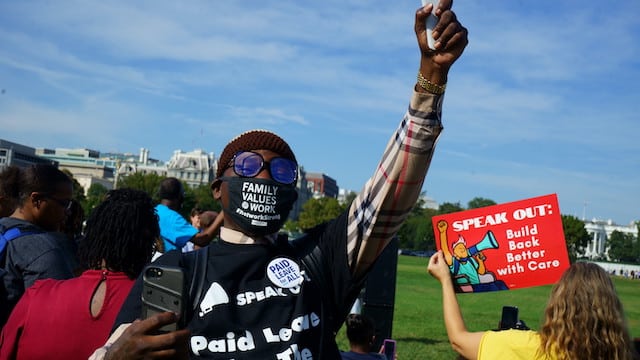Colbert Takes Family Leave; Does Law Protect Your Right To Do The Same?

Forbes
Susan Adams
February 17, 2012
After Comedy Central suddenly suspended new episodes of “The Colbert Report” this Wednesday and Thursday, reports surfaced that host Stephen Colbert had left New York to be with his ailing 91-year-old mother. Comedy Central is not commenting on Colbert’s leave, or saying when he will resume the show. On Monday, Colbert told viewers that he had just returned from a week in Charleston, S.C. The youngest of 11 children, he is very close to his mother, Lorna. In 1974, when Colbert was 10 years old, his father and two older brothers were killed in a plane crash.
As the star of his show, there is no question that Colbert’s job will be there when he gets back. But his sudden departure may have workers wondering whether they too have the right to take a leave in the case of a family health emergency or the grave illness of a relative. The answer: not necessarily.
In 1993, President Bill Clinton signed into law the Family and Medical Leave Act, which provides up to 12 weeks of unpaid leave to care for a spouse, child or parent. It also guarantees leave to care for a newborn, adopted or foster child, or family member in the military, or because the employee has a serious health condition that prevents them from performing their job. (The FMLA also provides up to 26 weeks of leave to care for a close relative who is a member of the military.) At the end of the leave, the employee has the right to resume their job, or an equivalent position.
But what most employees don’t know, says Daniel P. O’Meara, chairman of the employment law division of Philadelphia-based law firm Montgomery, McCracken, Walker & Rhoads, is that the FMLA only applies to companies with at least 50 employees. Also if you work for a branch office of a big firm, the law requires that there be at least 50 employees within 75 miles of your office. A further requirement: you must have worked 1,250 hours within the last 12 months. That means at least half of all American workers are not covered by the law, says O’Meara.
A few states have laws with broader protections than the federal law, though most, including New York, do not. Examples of states with broader laws: Washington, D.C. gives 16 weeks of covered family leave in a two-year period. In Maine, private employers of 15 or more employees give family leave and in Vermont, employers with 15 or more workers provide it.
Of course the FMLA and most state laws offer unpaid leave only. Only two states, California and New Jersey, have a wage replacement fund (funded by paycheck contributions) for workers who take family leave. In California, employees get 55% of their weekly paycheck up to $987, and in New Jersey, they can receive two thirds of their weekly wage, up to $572.
Employees who need to take sudden leave to care for a loved one often try to use accrued vacation days or sick days. Ellen Bravo, Executive Director of Family Values @ Work, a network of 16 state coalitions that support family-friendly policies, says many workers don’t realize that federal law does not mandate that employers provide either vacation time or sick days. Also, many employers who provide those benefits, require advance notice, and don’t allow workers to take sick days to care for family members.
Bravo’s group supports paid sick day statues, which have passed in Seattle, San Francisco and Washington, D.C., and in the state of Connecticut. Those laws allow workers to use the sick days to care for sick family members. A few states, like California and Minnesota, also have flexible care laws, which require employers who offer paid sick days to allow workers to use the time to care for family members.
Bravo’s group hopes more states pass such laws. In New York City, where Colbert lives, a paid sick day law is pending and statewide, there is a bill that would provide family leave insurance, similar to California’s and New Jersey’s. “Our goal is to have many more men do what Stephen Colbert is doing, and be present for a parent,” says Bravo. “Many men would be better fathers, sons and husbands if they weren’t punished for it on the job.”